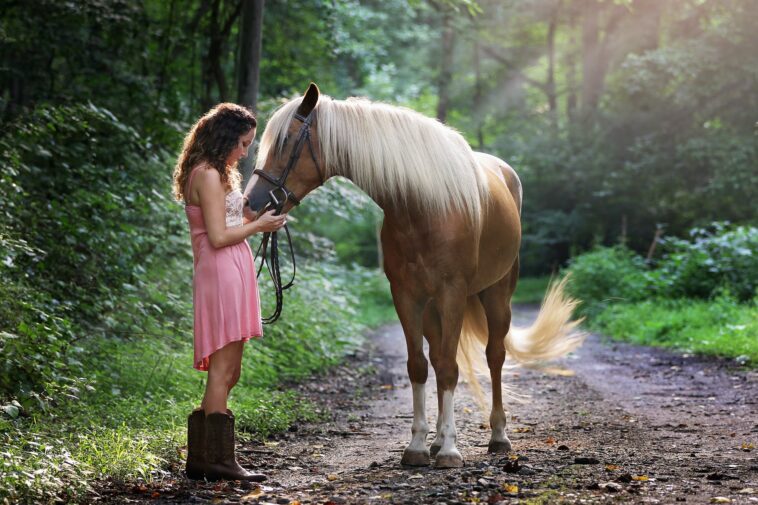Taking care of a horse might not seem to be a tough ordeal, especially when you are solely focused on the rewards of such an experience. However, some of them are high maintenance. Hence, we recommend you gather comprehensive knowledge on horse care before choosing a horse for adoption.
A horse has multiple uses, based on the requirements of the owner. They can be great pets and can stay by your side for years as your one true companion. You can ride it if you need to travel, and they can plow fields for a farmer who, for instance, does not own any heavy machinery. Horses can carry heavy loads and transport them to their intended destinations. They are the kings of utility, along with being elegant and graceful. However, a potential owner should know the ideal methods of horse care before choosing one to take home. This article discusses all the aspects of horse care that you should be aware of.
Pick a Name for Your Horse
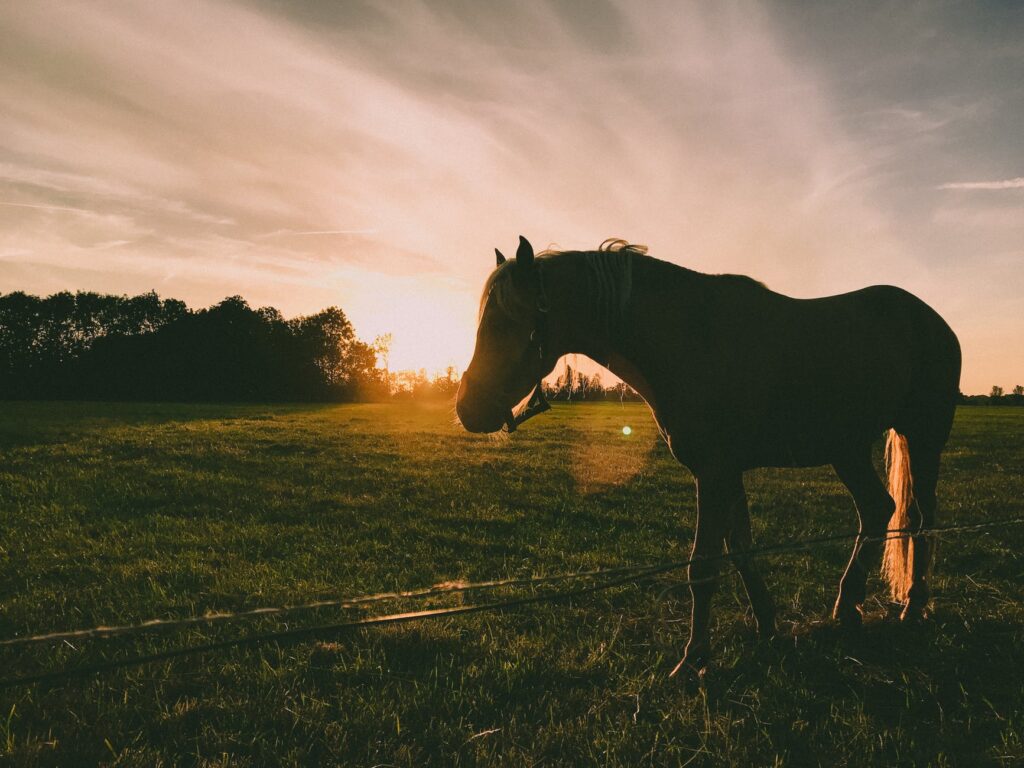
First thing’s first: Select a name for your would-be pet horse. There are absolutely no standards of naming an animal, but it certainly is fitting if you name it according to established trends. Horses have different names for different stages of their lives. A female baby horse, for instance, is called a filly, while the male is known as a colt. You can check out horsevills.com to find out what they are called during those various stages. There are various resources on the website that can enrich your knowledge about horses and teach you how to take proper care of them.
Your Horse Needs a Sizeable Living Space
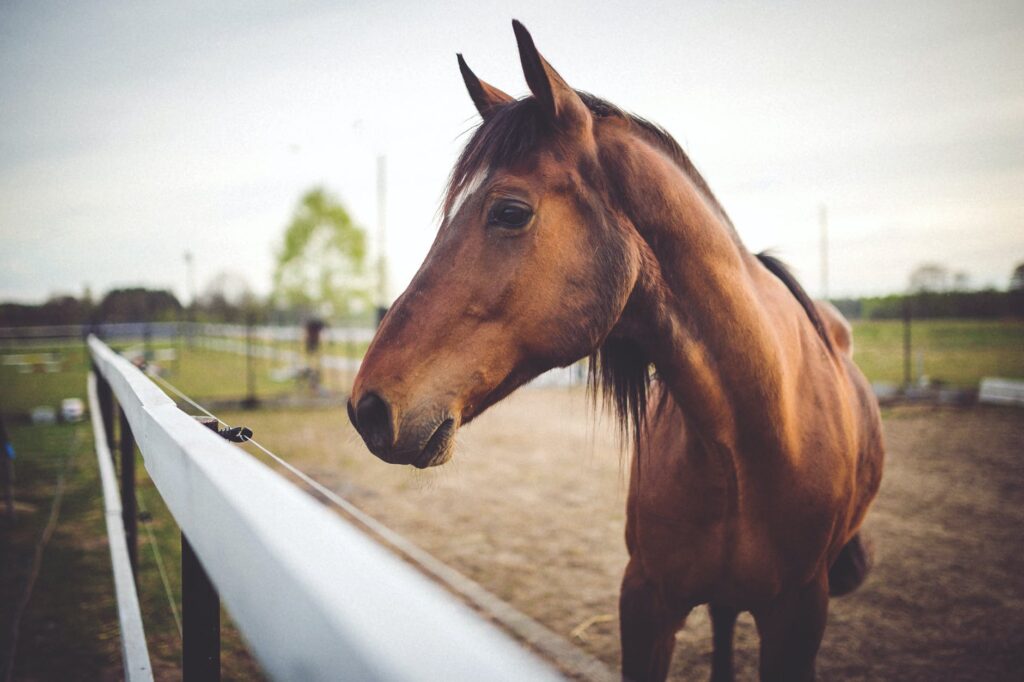
To many, horses are a symbol of freedom. It is unwise and not recommended to keep it in a small enclosure — especially if you can afford a larger habitat for it. If you happen to own a number of horses already or any other domestic animals, make sure you keep them together or close to each other. Horses are very social and are greatly affected by the company around them. They feel safe and content when in a group.
Traditional horse stables are generally built with a view on the horse’s mobility when inside. These barns or sheds not only provide shelter during weather complications like rain or snow but also allow the horse to rest when needed. Exterior spaces are also considered living spaces, and great attention needs to be paid to these areas to make them convenient for the horse. These are highly active creatures that prefer a large area to casually graze on for hours.
Furthermore, a horse requires a substantial amount of exercising every day to keep in shape and maintain good health. Make sure you have at least half an acre of space for your new foal to spend quality time by itself. Secure the entire premises by sturdy fencing, and check its rigidity at regular intervals. Your horse would greatly depend on you for most of its necessities, so make sure you satisfy their needs.
Provide Adequate Food to Your Horse
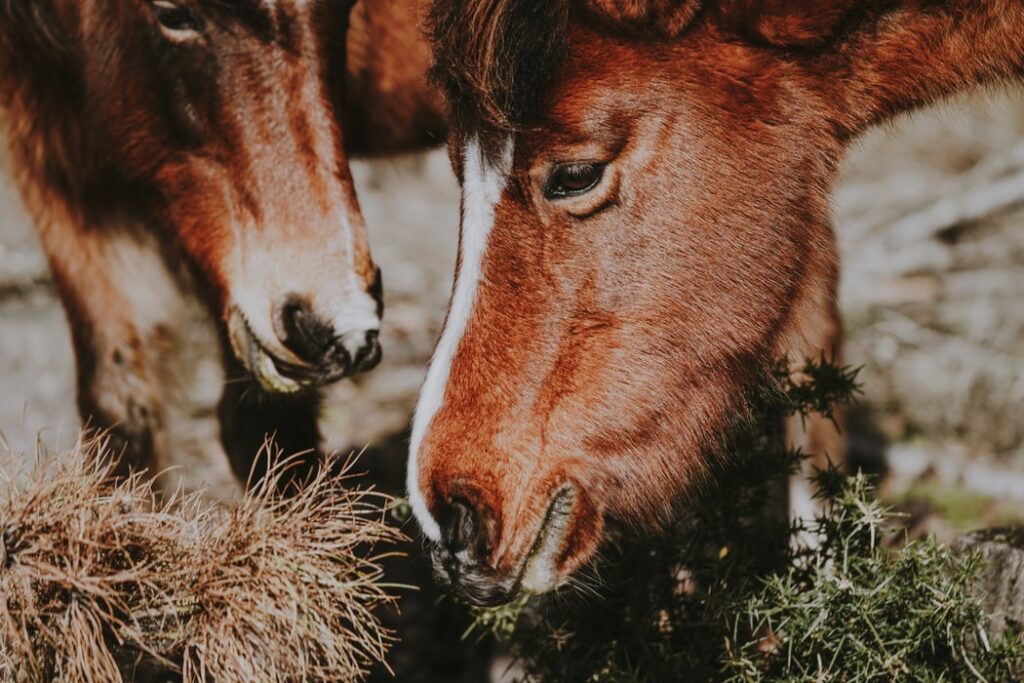
The amount of food that your horse needs mostly depends on its age and size. A young foal requires way less food than an adult horse. The common food for them of all ages and classifications is grass. In fact, they love to graze so much that they can consume entire fields in no time. Draft horse breeds, for instance, need a lot of food due to the nature of their dedicated tasks. Horse carers need to make sure that additional food is provided along with the regular grass they consume for nutritional purposes.
Grains are highly beneficial for a horse’s nutrition and can be fed in small amounts. Carbohydrates and proteins are essential for a balanced diet. Maintaining a healthy equilibrium in the composition of the diet can directly affect the horse’s continued satisfaction and of course, its health. Make sure you act according to its wishes, as long as it sticks to a healthy system. Often, your horse might be unwilling to eat due to certain physical or psychological issues. We recommend you consult a veterinarian instead of force-feeding in such cases.
Train Your Horse for Its Physical Development
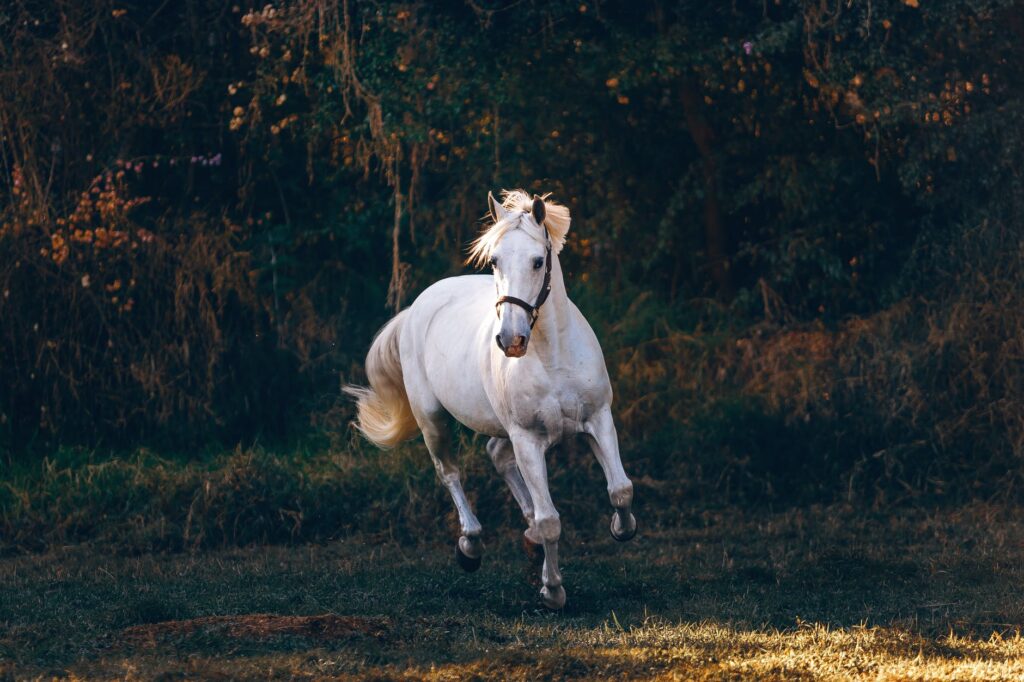
It’s extremely physical creatures that need to work their graceful muscles. They require training and exercising to keep their bodies in shape and boost their confidence levels. They are iconic runners that symbolize pace! Make sure your horse is allowed time every day to simply sprint around the premises — ideally with you riding or maneuvering it.
Baby horses do not need extensive physical work. Walk your foal for an hour or so every day depending on its energy levels. Avoid overworking it as this may push your loving pet further away from you emotionally. Be in its good books to establish a sense of respect between each other. Horses are proud creatures and will only respond when they are comfortable. Take help from professionals if you are unsure of the amount of exercising your horse needs, based on its age, diet, and size.
Racehorses, however, are different. They need extensive training and physical exercising to sustain their buffed muscles and never-ending stamina. Training a racehorse requires a strict plan and a lot of patience from the trainer. In case you are looking for a horse of this nature, make sure you know all the ins and outs of maintaining them.
Keep an Expert Veterinarian on Standby
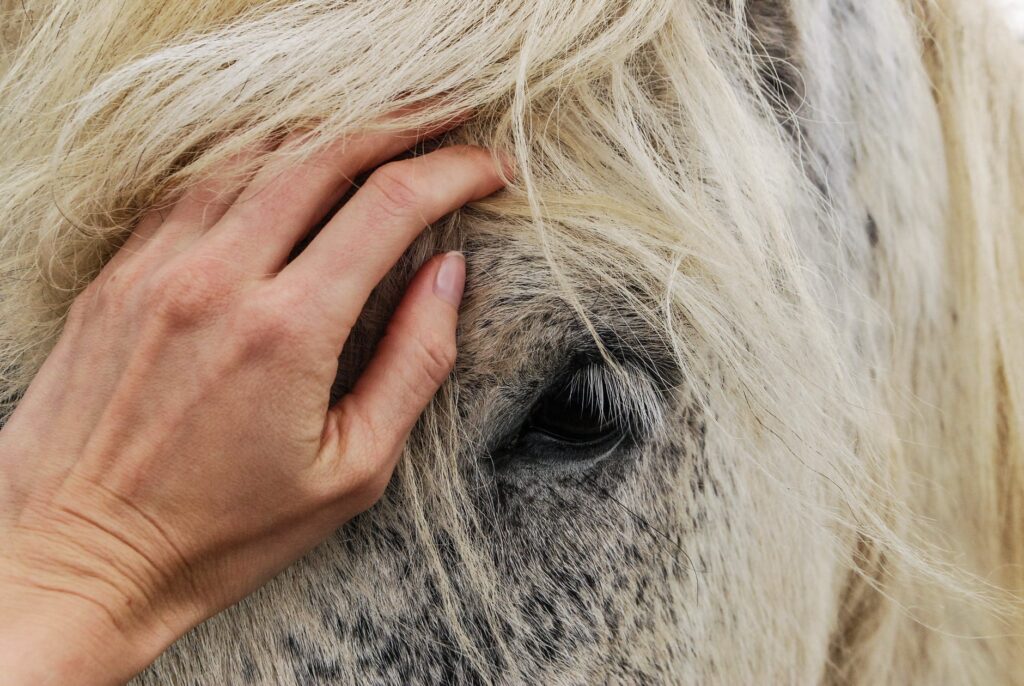
Animals cannot express their feelings with words. Thus, it is the responsibility of their owners or trainers to quickly figure out any discomfort they might be experiencing and take their next steps accordingly. A young foal is quite vulnerable to certain deadly diseases like anthrax, equine encephalitis, tetanus, colic, and a few more. Some of these do not have visible symptoms during the early stages. Having a professional vet nearby, who can visit on call is crucial for the health of your horse. They can provide ideal solutions and medications based on the existing conditions of your adored pet companion.
Final Words
While it does seem intriguing to own a pet horse, it certainly is not the easiest task in the world. Considerable effort is required to keep them truly healthy and satisfied.



